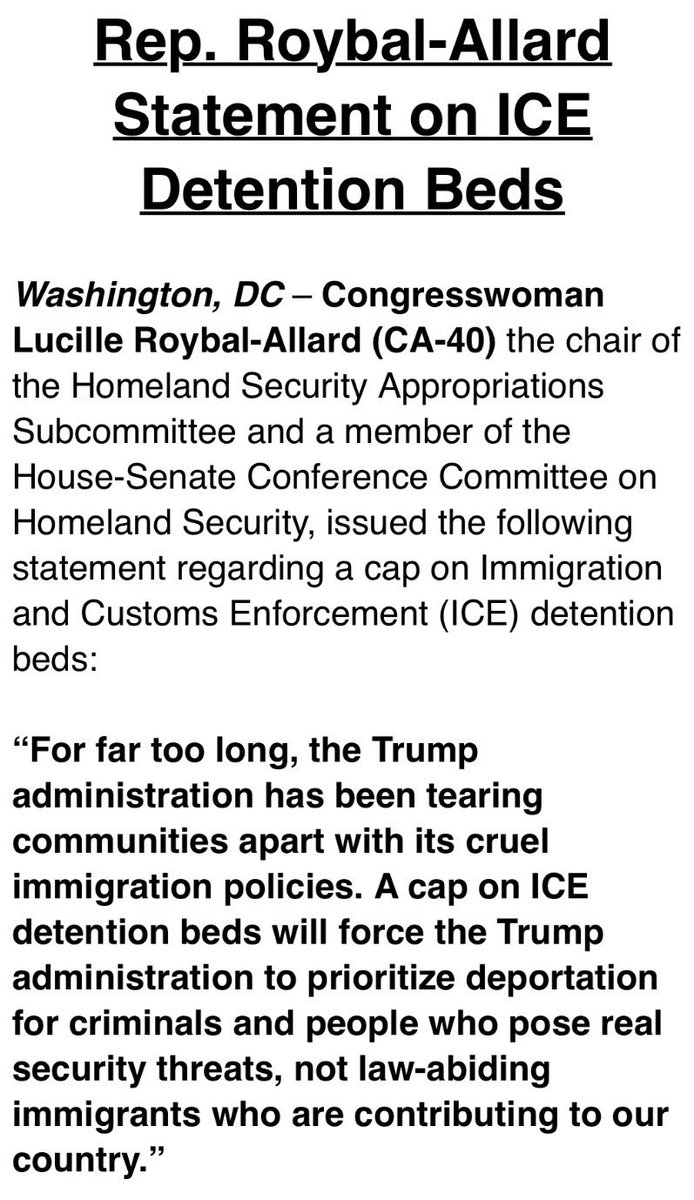Today, we'll focus on the 1953 independence motion that eventually led to fatal riots in Kano, threat of Northern secession and even fears of civil war. This was a really crucial moment.
Suffice to say, passions were high, at one point during the debate....
By this he meant the 1914 amalgamation of Northern and Southern Nigeria.
Bello was effectively describing the creation of Nigeria as a 'mistake', a statement he never walked back or modified in later years.
"This journey just about finished it for us. We were not only angry at our treatment, but indignant that people who were so full of fine phrases about the unity of Nigeria should have set their people against the chosen representatives of
Following this, many Northern leaders sought immediate secession and were restrained only by practical considerations. The North was landlocked and depended on Southern coastal cities for transportation
Perhaps we shall stop there for today. We'll continue with the outcome of these negotiations tomorrow.
Have a great day and a great week folks😃!





